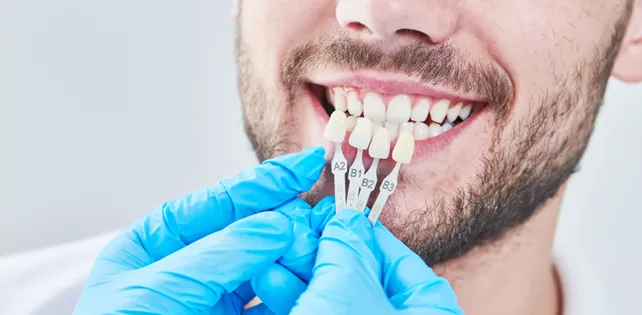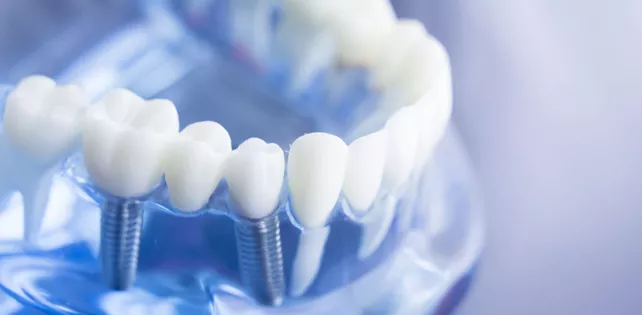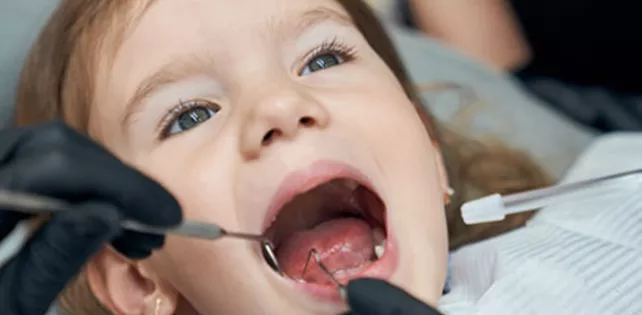Gum Bleeding: Causes, Symptoms, and Effective Treatments
Gum bleeding is a common oral health problem that can affect people of all ages. While occasional bleeding gums may not be serious, persistent or severe gum bleeding could be a sign of an underlying dental or health issue. In this article, we will explore the causes, symptoms, prevention, and treatment options for gum bleeding to help you maintain a healthy smile.
What Is Gum Bleeding?
Gum bleeding occurs when the gums become inflamed or damaged, leading to the release of blood. It can happen during brushing, flossing, or even spontaneously. Healthy gums typically do not bleed, so bleeding is often a warning sign of gum irritation or disease.
Common Causes of Gum Bleeding
- Poor Oral Hygiene: The most common cause of gum bleeding is plaque buildup due to inadequate brushing and flossing. Plaque irritates the gums and causes gingivitis, the earliest form of gum disease.
- Gingivitis and Periodontitis: Gingivitis causes redness, swelling, and bleeding of gums. If untreated, it can progress to periodontitis, a serious infection damaging the gums and bone supporting teeth.
- Brushing Too Hard or Using a Hard-Bristled Toothbrush: Aggressive brushing can damage gum tissue, causing bleeding and recession.
- Vitamin Deficiencies: Lack of vitamins such as Vitamin C and Vitamin K can lead to gum problems and bleeding.
- Hormonal Changes: Pregnancy, menstruation, or menopause can make gums more sensitive and prone to bleeding.
- Medications: Blood thinners and some other medications can increase bleeding risk.
- Smoking and Tobacco Use: These habits weaken the immune system and damage gum tissues.
- Medical Conditions: Diabetes, blood disorders, and infections can cause gum bleeding.
Symptoms Associated with Gum Bleeding
Besides visible bleeding, other symptoms may accompany gum problems:
- Red, swollen, or tender gums
- Persistent bad breath
- Receding gums or longer appearing teeth
- Loose or shifting teeth
- Pain or discomfort while chewing
When to See a Dentist
If your gums bleed frequently or bleed spontaneously without obvious cause, you should visit a dental professional. Early diagnosis and treatment are crucial to prevent progression to more serious gum diseases or tooth loss.
Effective Treatments for Gum Bleeding
Treatment depends on the cause and severity of gum bleeding:
Professional Dental Cleaning
Removing plaque and tartar buildup through scaling and root planing helps reduce gum inflammation.
Improved Oral Hygiene
Regular brushing with a soft-bristled toothbrush, flossing, and using an antiseptic mouthwash can prevent gum disease and bleeding.
Addressing Vitamin Deficiencies
Supplements or dietary changes may be necessary if bleeding is linked to nutritional gaps.
Medication Review
Consult your doctor if you suspect your medication causes gum bleeding; alternative options might be available.
Treatment of Underlying Medical Conditions
Managing diabetes or other systemic diseases can improve gum health.
Prevention Tips to Avoid Gum Bleeding
- Brush twice daily with a soft toothbrush and fluoride toothpaste.
- Floss daily to remove plaque between teeth.
- Visit your dentist regularly for check-ups and cleanings.
- Eat a balanced diet rich in vitamins and minerals.
- Avoid tobacco products.
- Manage stress, as it can affect your immune response.











